Can healthcare organizations leverage influencer marketing to authentically connect with high-value patients and referring doctors, while staying compliant and brand safe?
Find out in our latest podcast featuring Danielle Wiley, CEO of Sway Group, a leading influencer marketing agency.
Together, we explore how this evolving strategy can and should be integrated into your broader marketing efforts and emphasize the crucial role of authenticity in building trust and fostering connections with your target audience.
"Getting into influencer marketing in healthcare might seem risky, but it doesn’t have to be. After 13 years of running my agency and nearly 20 years in this space, I’ve learned that we can take steps to minimize those risks. Honestly, with the right approach, it can be just as safe and effective as running a TV ad.”
- Danielle Wiley
Sway Group is a full-service influencer marketing agency dedicated to delivering end-to-end services, from influencer discovery to full campaign management. Their approach is backed by data-driven strategies and a commitment to industry compliance, ensuring your campaigns are effective, authentic, and trustworthy.
If you’re interested in harnessing the power of influencer marketing for your healthcare organization, we invite you to connect with Danielle’s experienced team at SwayGroup.com
I highly recommend listening to our podcast in its entirety for more in-depth coverage of influencer marketing strategies, challenges, and opportunities.
Note: The following raw, AI-generated transcript is provided as an additional resource for those who prefer not to listen to the podcast recording. It has not been edited or reviewed for accuracy.
Stewart Gandolf
Hi, everyone. Welcome back to our podcast. Today, I'm going to welcome the very gracious Danielle Wiley, CEO of the Sway Group. And I've got to tell you that last time we did this I screwed up so, Danielle, thank you for being patient. I've done this 200 times.
I have never forgotten to record or so, and it was such a good one. So this time we're gonna try really hard to bring back the magic. So it's happened to me. By the way, when I've been recorded, I've been interviewed up, but I've never done it myself. It's not.
Danielle Wiley
I'm kidding.
Stewart Gandolf
To me. And I've talked to people that do this a lot. And apparently it's a thing. So this time I'm like, Oh, wow! I apologize again. This will be fun now, because it's gonna be great. You had a such a good input.
So the good news is, we already have really good notes on what to talk about today.
Take 2. So let's talk about what? How to and how do what is influencer marketing? How is it grown? Your CEO? By the way, I admire your work. The reason why we're talking at all is because I noticed just how great you know I get your newsletter. I think there's lots of good stuff there, so give us a little on influencer marketing.
Danielle Wiley
So just what it is at its core.
Stewart Gandolf
Well, yeah, like core. And then, you know, I think your story. Let's just start there with some basics.
Danielle Wiley
Yeah. So I mean at its core. Influencer marketing is simply brands using influencers to help tell their story. I think it's really grew out of spokespeople, which has been a thing forever. I mean, if you can. I'm like thinking of. I love Lucy and Vitami to Benjamin. It's it's gotten a little bit more. What's the word? A little bit more refined. I think. But that's what it is at its essence. And you know, when I started the business I came from PR and was building up influencer marketing. This is over 15 years ago, and everything was really Mom-blogger focused. That was the first niche or vertical to really start getting paid for sponsored content. And I helped build that up. I was like I said I was working at a giant PR agency. We had lots of food clients, baby care type product, CPG, and we were paying mom bloggers to come to events to write blog posts about the products that we were promoting and it I just could kind of see that it was going to explode tremendously. The number of influencers was exploding day after day, and I felt like the stories they were telling were incredibly compelling, and I could see how they were reaching their audience. But at the same time I could see that even coming from an agency, and then certainly looking kind of backwards at the brands who are paying us to do this.
None of us had the bandwidth to be managing these programs, and they were getting more and more complex just because it was getting harder and harder to find the right people to vet them, to figure out the contracts, to pay them, to do all the negotiating, to make sure the content was correct. There are just so many pieces and parts to what has now become influencer marketing. And so that's where Sway Group came from just kind of seeing the need for there to be some kind of agency that sat in the middle between the either the brands directly, or the PR agencies or media buying agencies creating these programs on their behalf.
And then, on the other side, the influencers who you know, most of them didn't come from a marketing background. They were just—back then, when it was all long form, written content. They were great writers who had a story to share, but they didn't necessarily know the term, the marketing terminology. They didn't know how much they should be charging to do these brand programs. And so we created Sway Group to kind of help, bring those 2 sides together and create really awesome content.
Stewart Gandolf
That's awesome. So you said something. There is another insight. I get so many insights when I talk to you that a lot of the influencers were great writers at the beginning. If you feel like that's still the case, they just naturally are good writers, because people just assume oh, they're just clever, but being a good writer, to be able to craft a story, kind of see it from beginning to middle to end. Is that a prerequisite to be a good influencer, like what makes a great influencer.
Danielle Wiley
Not anymore. very few categories are focused in that long form, written content space. Blogs are obviously still a thing, but not as popular. You see them a lot in the food world just because people Google to find recipes. And so then you find a food blog. These days, though that writing, I think the quality of it. This is kind of a hot take, but I think the quality of it has kind of decreased a little because it's very focused right now on SEO, and just getting as many eyeballs onto that content as possible, and then having lots of that content there so that you can show more ads on the blog post. So it's certainly not that deep storytelling that we used to see influencers now are, it's the focus is very much video, which was not a thing when I started in the late 2000s, there just wasn't. I mean, obviously, there was video technology, but it wasn't the quality, wasn't there. It wasn't as accessible to everyone in the palm of their hands. The editing tools weren't what they are now, and they're. you know, we didn't have TikTok. We didn't have Instagram like so hard to believe right? But yeah. So now it's I was actually just talking to a woman who's writing a book about the evolution of the mom influencer industry. It's changed a lot. It's a lot more focused now on being mediagenic and being able to create these amazing videos, whether it's, you know. featuring what you're cooking or talking to the video, if it's more lifestyle based, or if it's beauty doing like a get ready with me where you're putting on your makeup. It's there's much less of a focus now on written content than than video.
Stewart Gandolf
Yeah, that makes sense for sure. So we talked last time and about the DNC. The Democratic National Convention. And I thought that was just such an interesting I guess controversy at the time where the the influencers were getting more attention at the Democratic Convention than the press. But wow! That's a head snapper. Any comments on that? Because it's just such a new world that we're in.
Danielle Wiley
I mean, I think I think that's kind of a reflection of the fact that the Democratic party in particular has a really big focus on Gen. Z.
I know your kids are around the same ages as mine are, and I'm guessing they get their news in the same way, which is TikTok and so it's. you know. It's just another form of of journalism, right? I mean, certainly, hopefully. These creators are sharing their sources and are not you know, are holding themselves up to a journalistic standard. But at the end of the day, if that's where Gen Z. Is getting their information from and experiencing the DNC. Like my husband and I sat and watched it, like on TV, on network TV. We watched it taking place. My kids watched it through TikTok, through social media. So I think it was really, really savvy to make influencers a really big part of that, so that that experience could be shared out with a generation that's vital to the party.
Stewart Gandolf
Yeah, for sure. And it's funny. I was just talking about this the other day. I don't know if you remember this, Danielle, but there was a book called Here Comes Everybody that came out, probably around 2006, 2008, and it talked about exactly something you just mentioned there, which is that?
Okay? Now, everybody. It's great that we're giving everybody the voice, but there's no like curation at all. So we hope that they're accurate. We hope that they're good, right? But it's not, you know. It's just the way it is. So everybody's got a microphone today for good and ill.
And it's been really interesting. Having read that book back in the day. And going wow! That was really precious. They really had that figured out. So it's a really exciting time. But I want to go back actually for a second and just say congratulations on seeing this opportunity with, when you decide to do this, I love that you A saw it, and B had the guts to go for it. I think that's just awesome. What a fun ride this must be for you to sort of watch it evolve and change over time. So I always love entrepreneurialism, and that's just awesome that you saw that.
Danielle Wiley
It's funny because I'm not I never wanted to be a CEO like I hear people call themselves serial entrepreneurs. and like that sounds terrible to me. It's really hard, and it's not I don't know. It's not something I aspire to. I love. I love running this company and doing what I do. But really it was more that like, I just saw that this had to be done, and I knew I would be irritated if someone else did it instead of me. And it was. It was just kind of this fight I had within myself, and I was like, I just have to do it. But it wasn't. I'm not one of those people who was always looking for. You know, what company am I gonna start with my big idea. I just wanna like start something. I was very happy in my job.
Stewart Gandolf
I think that's really common, like I call myself sometimes the reluctant leader like I'm a leader. I lead all the time I have to make decisions really quickly, because I remember the moment I started leading before I had a company. It's like. because I always thought somebody else would have better ideas. And eventually it's like, Well, somebody's got to do something. Here, let's okay. You do this. You do this and do this and all that works, and everybody fell behind, and I couldn't believe it, so I don't lead for the glory of it, or start a company for the glory of it. It's like something's gonna get done. And it's like, Okay, fine. I'll do it fine. I'll do it.
Danielle Wiley
Right, right.
Stewart Gandolf
So I love. I really admire that you got in there. That's awesome that you caught that early. Another quick question on that note. If things change like, I know it's changed. And you mentioned just talked about the types of going to video. Is it as fun as it used to be, or do you like? Do you still and get that passion? For things are always changing because you have to be up on it with your field for sure. and I'm just curious how that feels.
Danielle Wiley
Yeah, I mean. some of it is just having. We've been doing this a while, and we have a great team now. So I don't have to be the one person who's up on everything.
yeah, I think it's still fun. What's kind of what's fun about it is that it changes all the time, like it's we're jumping into 2025 planning now with most of our clients. And there's a chance that TikTok which is like for some of our clients over 50% of the content that they're doing with us. And it might go away mid-January.
So that that's keeping us on our toes. The new platforms are arising all the time. Algorithms are constantly changing. We have new generations coming up like we're now the way that Gen. Z works and applies for our campaigns and interacts with what we're doing is totally different from how Millennials work, from how Gen X worked. And so we're having to figure out how to navigate that generation. And then, by the time we figure it out, Gen Alpha is gonna be old enough to start getting paid by us on programs. And they're gonna work in a totally different way from Gen. Z. So I like change. And I, I, I get bored easily. So in that sense, yeah, it's still fun.
Stewart Gandolf
Awesome. So let's talk about what a realistic goals we talked about. Background plenty. Now let's talk about like if you're new to this, or you've been thinking about this, and of course our clients are in healthcare. We'll talk about healthcare, the sort of unique aspects of it in a moment, but more just, general, if you're new to this whole thing, you're used to spending money on more traditional channels. And now he's like, okay. Finally, I'm ready for this. What? What should? What are some basic expectations? If you're like.
you know, before we get it started? Let's talk about some of the things you need to keep in mind.
Danielle Wiley
Yeah, I mean, I think the most important thing to remember is that it is. It's part of your marketing mix. And the basic marketing rules still exist, no matter what medium you're using. So when people are making a purchase decision, they still need to see something. I know the numbers vary. But let's say 6 to 10 times before they make a decision, just because you can measure all the way down through to the purchase and influencer marketing because it is all on the Internet, because we have great tracking. Now we can see when someone sees something, and then they like it. And then they comment, and then they click, and then they buy it just because we can track. That doesn't mysteriously make it that you can jump right to the bottom of the funnel and ignore all the top of funnel stuff that we learned about when we were when I never studied marketing, but through the school of hard knocks, but like it doesn't, it doesn't take away the importance of top of funnel and awareness. So yes, we can track through to purchase. But that doesn't mean that you don't still need awareness. And so that's 1 of the biggest mistakes I see people making when they they jump into influencer marketing, and they think they're going to just instantly make sales that all of these
influencers are going to be driving people to purchase immediately. But the fact is that you still need to build that general awareness and influencer marketing is actually amazing for that. Some influencers are good at like getting people to click and make that purchase instantly. Not all of them are, but that doesn't mean that they're not useful, because you still need to hit people at every stage of that funnel.
Stewart Gandolf
Yep, totally so. Healthcare, healthcare, healthcare, healthcare. Nothing is easy in healthcare. So tell me about healthcare.
Danielle Wiley
Yeah, nothing's easy in healthcare, but it can be done. You can market healthcare via influencer marketing, and it can be incredibly compelling. I think when you're when you're looking at Pharma, for example, like those real 1st person stories are really important to share, and they can reach people in a way that marketing and branding that comes from the brand and just kind of feels like it's coming from a giant entity might not reach people in the heart in the same way that that something would, coming from an influencer that said any regulated industry just brings with it a whole other like slew of things that you have to think about. So just in terms of the rules, the disclosures that are required. on our side. Those programs are always a little bit more complicated because you have more people on the brand side looking at everything, the legal review of the influencers. We're using the concepts that are gonna talk about the actual content that they're creating what's written in the caption like, there's just a much higher level of oversight, and all of that. But we're actually pretty good at this, I think, because we've been doing this for so long. And we have some really clear processes in place, and we're great at dealing with both agencies and with brands, and we have lots of tools for that. So I think one of the things I would say about healthcare and influencer marketing, and this applies for all regulated industries. So you could kind of take this if you're marketing alcohol or you're marketing financial services, anything that's highly regulated, you need to work with an agency that's been doing this for a while and has very clear and defined processes, and that you feel comfortable trusting with this because there is a lot of there's a reason there are so many people looking at this content because you don't want to mess up when something's highly regulated.
Stewart Gandolf
Yeah, I'll give you a plug on that, Danielle. I totally. I mean, like, when we have clients that are that become interested in this topic you'll be the 1st name I bring up because we honestly, this is something that—we're a really good agency—But this is not our area of expertise. It's 1 of the few things we don't do internally. and I don't have any desire to do it, because it's its whole thing, and you have enough complexity in healthcare as it is, and I feel like, if you're a brand that can afford to do influencer marketing on top of everything else. They're, you know, there's some high risk there. They're pretty much want to make sure they do this right, because you've got a lot and things can go awry really quickly.
So I think it's great that people like you exist to walk. People, you know, walk, take my hand, and walk me through this very, very world. Speaking of disasters, we talked a little bit about kind of an unknown beer company out there. Share with. I'd love to hear your thoughts on that.
Danielle Wiley
Oh, and the bud light the whole Bud Light snafu of last year. It was super unfortunate, and it actually had, like a giant ripple effect on the influencer marketing industry like spending and influencer marketing, had a marked decrease after that happened. So it didn't just impact Bud Light. But you know, essentially, Bud Light hired Dylan Mulvaney, who's an awesome trans creator, and they hired her to do create some content on behalf of Bud Light, and it blew up. But they were just. It was totally avoidable. And so that was the frustration.
There are a lot of frustrations on my side, like the fact that this was totally avoidable—and yet had such a detrimental effect on the industry as a whole is just is terrible, and like the vetting wasn't great. I don't think she was a great fit for the brand, like at the core of every successful influencer marketing program is making sure that the creators that you select to work with are a terrific fit and have an awesome story to tell.
I don't know that she was the best fit. But putting that aside, I think her content was pretty good, so maybe that was maybe that could have slid. But then, when this blew up, it was like they didn't even expect that it could happen. They didn't understand who their core audience was, and that there might be some kind of backlash, and there was no I mean, anytime. We're working on anything that might have even a hint that things could get controversial, or there could be something that could kind of go awry. We have flow charts and decision trees, and like a whole, just a whole process in place for. Okay, if something happens, this is what we do. And then, if this happens, these people are gonna jump in and PR will do this. And like we have a whole system in place. And then, to make matters even worse, on top of all of that, the brands didn't stick by her. They kind of just like lifted their hands up and like there was no at the end of the day. If a brand wants to use a creator to make a stand and say that they support something like that needs to be a big part of their brand story already, and they have to be prepared to go all in a single creator can't change the entire trajectory of a brand.
Stewart Gandolf
Yeah. And that's funny, because I can see how that happened. I wasn't involved at all. I have no insider knowledge at all. But you know, if you're a leading brand, you know, there's, you know, marketing teams have hundreds of people sometimes, and you know their job is to try to break through and break new markets, and it's really easy to forget the market you already have. And you mentioned earlier, not understanding the market they already have. And so I'm sure it doesn't feel like at least that it occurred to anybody that anything could go wrong. And you know it's like that's it's unfortunate, and I love the idea again, about using a firm like yours to 1st of all, avoid making a mistake, and then you know, the thing about influencers is. It's kind of like lightning in a bottle. I mean, things can take off. And you're hoping for viral in a good way. But things are not always according to plan, so to have contingency plans makes a whole lot of sense, and certainly any client we work with, you know, that wants to avoid those disasters as I'm assuming most right hard. Some people probably enjoy like being controversial most don't, particularly in healthcare. So what about the myth about you know. Well, yeah, that's exactly why. Still, we can't do this stuff in healthcare. Why is that a myth to you like, you know?
Danielle Wiley
Cause we've done it, and it's been incredibly successful. And there are. I was at a conference last year, and a bunch of Pharma companies were there, and they were asking if it was safe to do influencer marketing. And there were some people telling them that it's very risky, and like as long as you go in, and knowing the risk, and it doesn't have to be like there, there are steps that you can take to de-risk the process we've been doing this. I've been, I mean, I've had my agency for over 13 years. I've been working in the space for about 20. Certainly there are. We know, the steps that we can take to do a program that has a does not have that element of risk to it. Certainly. No more risk than running a television ad. I mean, it's yeah. I just think it's a false statement to say that it's not doable. Hope you're on mute. I can't hear you.
Stewart Gandolf
So let's talk about the B2C side, particularly in healthcare, and you know the whole with, you know, especially finding the right people kind of where we're going with this is okay. You want to avoid risk. You want to get something that could be viral. I would assume that influencer selection is really important, and I love the way that you do that. So I'd love you to share a little bit about that.
Danielle Wiley
Yeah, so how we recruit for B2C or B2B, B2C, yeah, we well, we have our own network of over 50,000 influencers in it. So that kind of gives us a really great head start when we're recruiting for something. And as I alluded to earlier. The 1st thing for us is just finding people who already have a story to tell and for whom it's not going to be, you know, when their audience sees them talking about a particular healthcare company or an issue they have, or whatever it is, it's not gonna seem like a total non-sequitur to their audience like if there's someone, and all they talk about is going shopping at home goods and decorating their house. And then all of a sudden. They're sharing something about a migraine medication. It's gonna be weird. But if they've shared before with their audience that hey? They struggle with migraines, and this is something that impacts their life. It's gonna it's gonna feel totally smooth and fine. If they start talking about you know a resource that they have found to help with that. So we always start with our network first, and we send out recruitment emails once or twice a week, letting the network know what we're recruiting for. And we're asking people if they already have a story like this to tell where we're working on a program now for bladder leakage products. So products you use if you bladder leakage. And the 1st thing we did was, we just emailed our network and said, like, Hey, are you a woman over 40? And you're dealing with this and want to share your story. And we got we had people who have talked about that, and are happy to share a product that they've found. That's helpful for that. So we start with that. And then we're also always hand recruiting as well finding people who might not be in our network yet, but are already talking about this product or service, or we know that it would be relevant for them. So we have a whole kind of defined process in place, but it always starts with our network first.
Stewart Gandolf
That makes so much sense. And yeah, I think the word you didn't use there, but the authenticity of it right to, you know otherwise, like, what is this this feels so fake he's talking about, you know, vases and paintings on walls. And then it's talking about bladder control. They never talk about anything like that. They don't have that sort of style and that transparent style would come across as really funky. I can totally get that, and so on the B2B side you know, we work with a package goods, company consumer packaged goods company now that but in a very small way, and they don't have the budget. It's funny, just because they're big. By the way, doesn't always mean they have budget state that as an option. an obvious thing. But you know they wanted to do more of a B2B influencer campaign. And so I'm curious. How do you approach that because you know you have when I say B2B, too, in healthcare, it oftentimes means referring doctors not always, but like, tell us about some of the unique works with B2B. And particularly healthcare. And any thoughts you have on that.
Danielle Wiley
Yeah. B2B is a lot trickier, I think, because you do have to find people who are using your product or your service. And then you, you run into the fact that people in the B2B space people aren't often the master of their own domain. They have to get permission from whoever their employer is. To be able to take outside payment for something. It's kind of like a side gig, but they're taking advantage of what they're doing at their company. So it's a little bit you run into some awkward situations. It just makes it a much more complex recruitment. Something we have done for clients that can be. Just kind of like a helpful way to get around. This is to set up kind of Creator Studios at conferences where you know that your happy customers are already gonna be in attendance, and you, you ask them to participate in an interview, and we create those kind of video testimonials. But in like creator format on their behalf. So all they have to do is sit and chat for 5, 10 min kind of like you and I are doing right now and then. We can.
We can take those videos and turn them into pieces of influencer content that we can then distribute as advertising. So it doesn't necessarily get away from that, having to get permission from your employer. And the fact that it's a little bit tricky, but it cuts down on the amount of time required for recruitment, because everyone's all in that same room, or at least same building already, and it kind of can consolidate everything and simplify it a bit.
Stewart Gandolf
That totally makes sense. It's funny. The trade show environment.
We've done our fair share of just podcasts live on the floor. And when I have, like a little portable mic I've done in the corner next to the kitchen, but that works sometimes right. It's a real authentic feel, and people forgive the clinking in the background, and the noise. It actually feels like sort of an energy. And I think that's great. And of course you can do transcripts. There's all kinds of things. So I love that. And again. We'll think of you the next time we have a client with a budget and desire, because there's just so much. I mean.
I think it's really, if you're not in the agency business to even comprehend all those little details that have to be handled. And it's it reminds us of us, too, like we have all these processes in place. We did when we were little. It just takes experience and time. And it's really, really important. So let's talk about I would love to hear. You know, there's some common tools out there that might help sort of the do it yourselfers which I just discouraged against, but more like, you know, find. And I know you have your own work network. But just give us a sense of like the challenge of finding, you know, compensating, you know, sort of influencers. How does that all work.
Danielle Wiley
Yeah. I mean, it's why we're in business, because it's incredibly time consuming. There are a lot of platforms out there that have discovery tools that help you to find influencers who might be a fit, but those are only as only as accurate as the information that's available in the profile of each of the influencers. And most of that information is about the following of the influencers, not the influencers themselves. So a good example is when you're trying to do a Geo targeted or a hyper local program. So let's say. I'm trying to tie it to healthcare like, if you're doing something to promote a local healthcare system. Let's say so you only want people who live in the area where that healthcare system has their hospital, their offices. All of that. The platforms are not gonna know where the influencers live unless they happen to have the name of their city or state in their profile. Most of them don't. So it can be very, very tricky in our network plug for our network. We have our influencers fill out a dashboard, we know down to the Zip code where they live. That said, as I mentioned before, we're often hand recruiting people who aren't in our network yet, and just to give you a sense of how time intensive it can be to figure out where people live. We're working on a hyper local program. We're recruiting for one this week someone on my team was actually zooming in on the shop windows behind a Creator in their image to see what the area code was on the sign in the window to try to confirm that this Creator did indeed live where we thought that she lived.
Then you compound that with the fact that the response rate from influencers to that cold outreach is about as high as you would expect to cold outreach. Not high at all. So it's just an incredibly time consuming process.
Stewart Gandolf
Totally get it. That makes sense. And you just alluded to something. That was a big question. My last time, which is the regional basis are a lot of our clients, you know we have. Certainly, if I've mentioned earlier CPG Company, we have some Pharma and others, but we have a lot of provider sort of chains that might be all over the southeast US, or in different regions. And I was surprised to find out that was the thing that you can do that. So anything else you just gave us kind of like the story there. But anything else.
The regional side of it.
Danielle Wiley
I mean, I think the good news is that it's a lot more effective to do regional influencer marketing now than it used to be simply because we include paid amplification on all of our programs. It's kind of a standard in influencer marketing across the board. And the nice thing about that is that you can.
No matter. So even if we let's say we're doing a healthcare system in Maine, and we find a creator who lives in Maine, a hundred percent of their audience. Their organic audience is not gonna live in Maine like creators don't just have followers from one state. So you get that organic reach. It might not be as accurate as we want, but at least that person has an authentic story to tell, because they live in the right state. So how do you get that content in front of the right eyeballs? That's where the amplification comes in. So we can. We can take that content and boost it and amplify it just to people who live in the appropriate zip codes. making sure that the vast majority of eyeballs that see that content only live in the state where we need them to live. So that's incredibly effective. And we couldn't. We couldn't even come close to doing that when we started the agency 13 years ago.
Stewart Gandolf
That's awesome. That's so much opportunity there. And I have one more sort of question because I have for you. But just to comment I love today how there are so many opportunities, and, you know, sort of different media there. And you know you mentioned TikTok or Facebook, Instagram. We're all different audiences. LinkedIn is a thing now, interestingly, just, this is current for me. My wife and I have a vacation rental on Palm Springs. and there's a 1 of the podcasts she follows, has a huge following, allows her she's this woman. In Palm Springs. This restaurant gets shouts out from them. We found it's 50 bucks like. So it's like, that's unusual. But we'll be advertising our rental on the podcast. And like, you know, to play that with the social media. There's so much opportunity. That's an unusual thing, because this is usually in tens of thousands of dollars. But sometimes you find opportunities. So I would like you to brag about your company. We'll put your contact info in the on the post with this, but certainly tell us a little bit, I guess, before you get to the contact me part. Just give us a sense again about how your company works, the database the processes. You know, kind of what it all costs, and then that would be helpful, and then we'll finish there.
Danielle Wiley
Yeah. So we I mean, we can do pretty much any type of influencer marketing that really is all that we do. I would say that 90% of the work we do is B2C, but we're always happy to have a conversation, and if and if A, b 2 b, if we think we can be successful in B2B, we will always let our clients know our minimum to engage typically for a campaign. It's usually at least $50,000. There are certainly some exceptions, but that's kind of a good rule of thumb.
We work on both a campaign basis and on an annual basis. So there's no minimum time commitment. We do have that network of 50,000. And then one other just point of difference for us is that we do guarantee results.
So we will put a guaranteed metric in all of our client or in all of our contracts, whether it's video views or engagements or clicks. There's always a guaranteed metric in our contracts.
Stewart Gandolf
Great and where should they go to?
Danielle Wiley
Yeah, you can find us at swaygroup.com or you can—I post a ton on LinkedIn, so you can find me just if you type in Danielle Wiley. It should be pretty easy to find me on there.
Stewart Gandolf
Yeah, we should talk about LinkedIn another day. That is just flying like the I often tell people like, if you look at LinkedIn and twitter like how they would like all the same time traded places. Danielle. Thank you so much for your time. Awesome! I appreciate it. I will. put some extra effort into promoting this particular podcast I think it's really useful. It's a cop topic. We haven't covered much. That's the kind of thing that you know. We at our company like to make sure our team is up on everything. This is the stuff we'll share with our internal team, too, to make sure they're up on the latest, because, you know, we do a lot of things. This isn't our everyday stuff, and so I hope we get to work together with you in the future.
Danielle Wiley
Yep, I'd love that. Thank you so much.

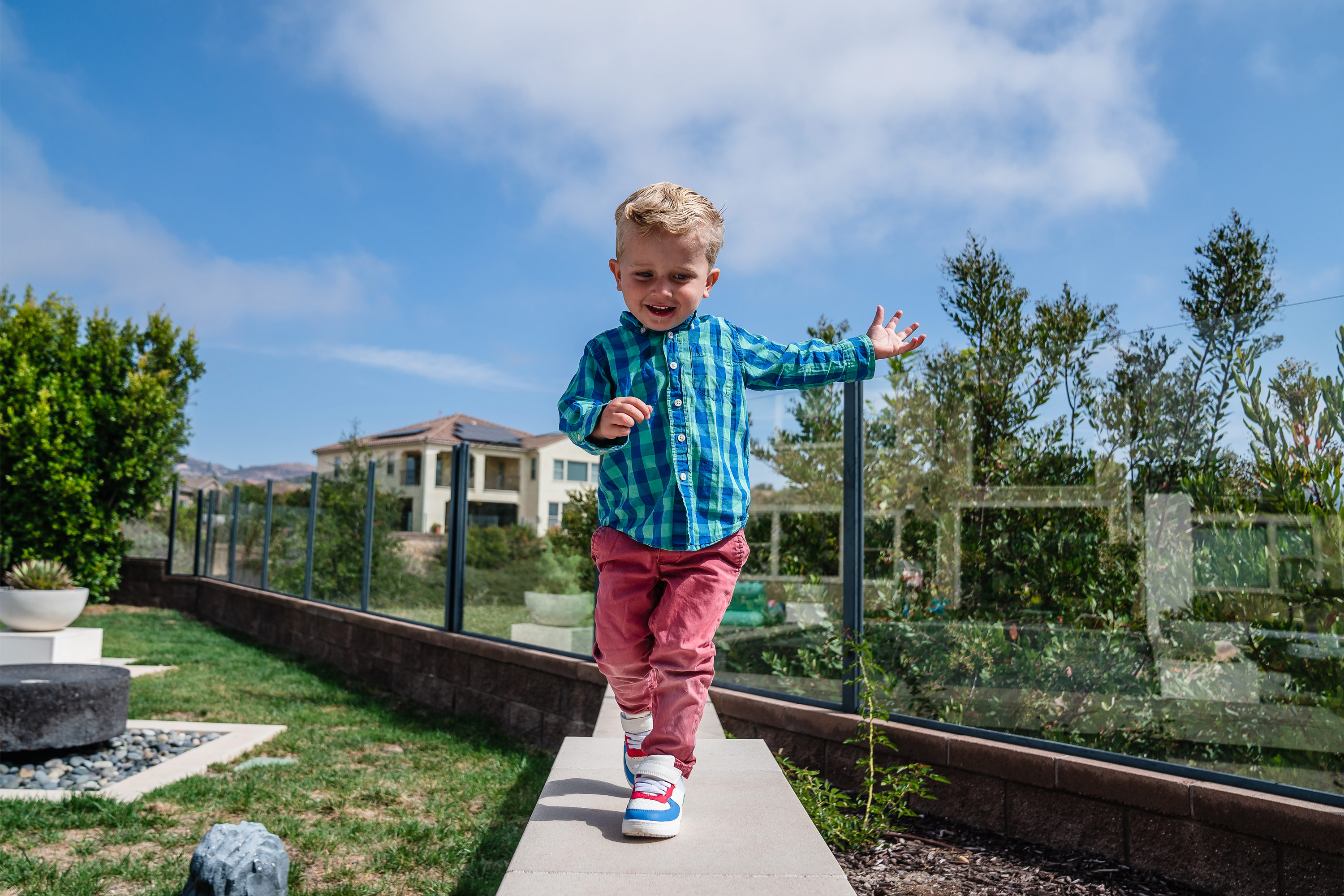

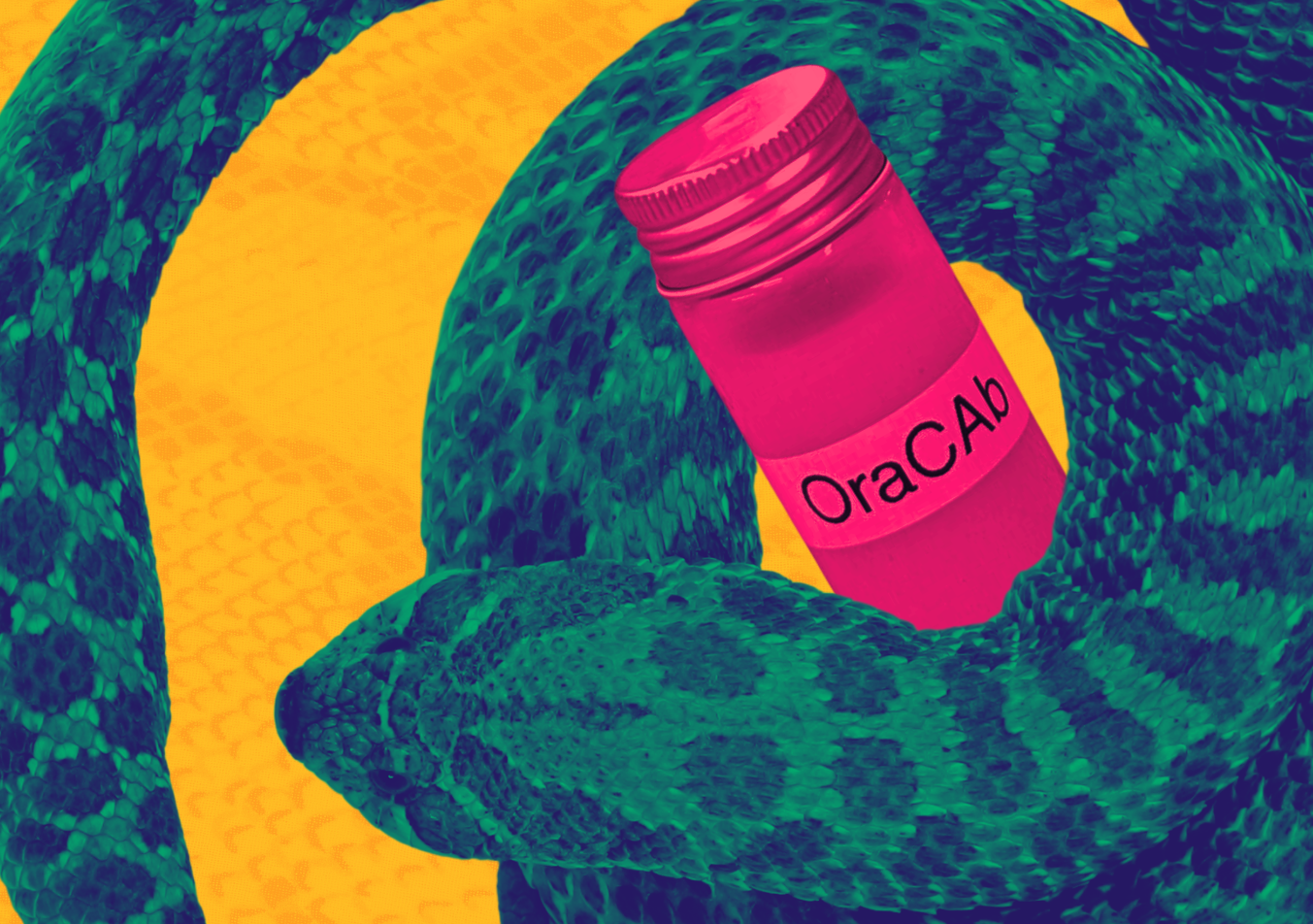


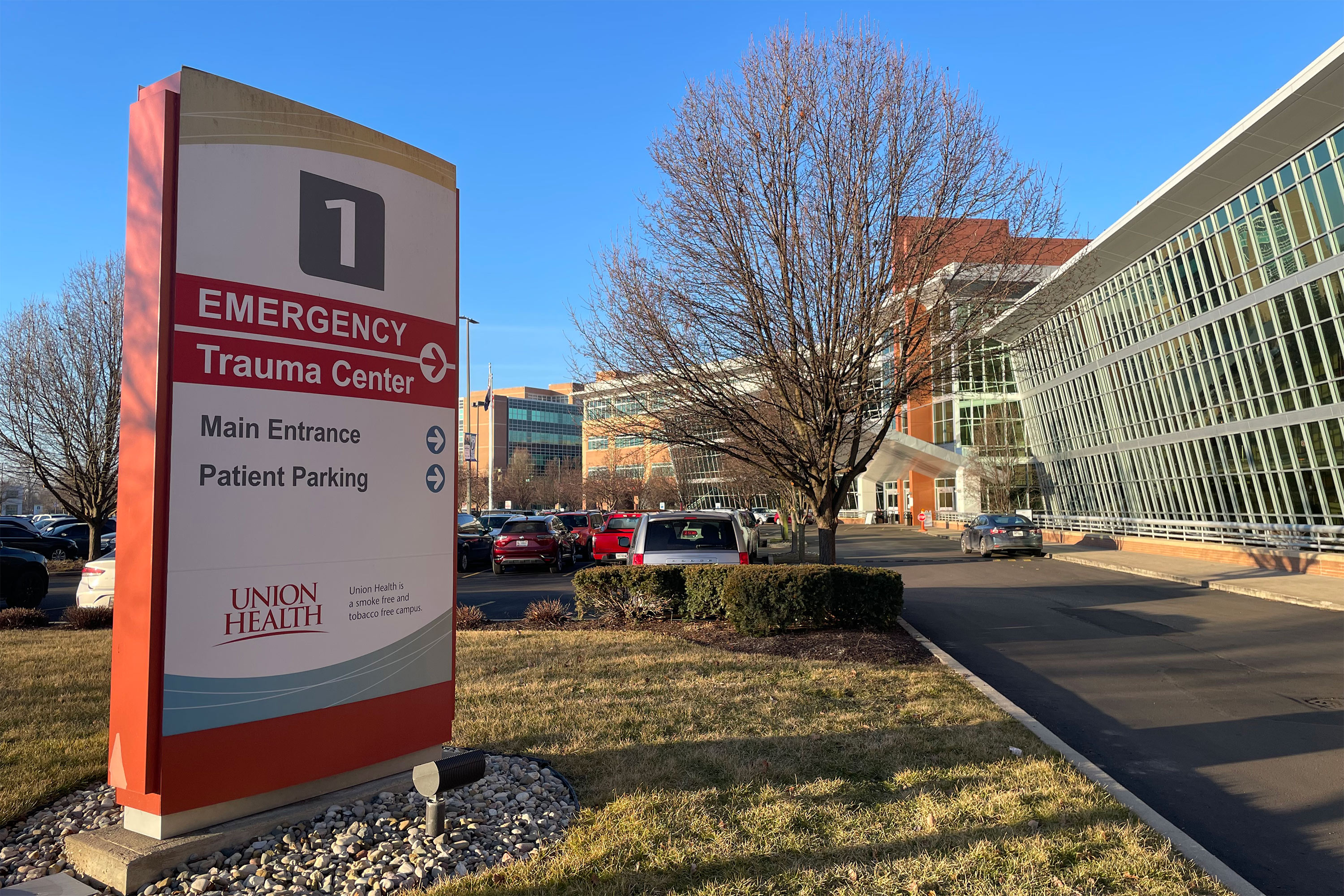

![Healthy High Protein Oatmeal Chocolate Chip Breakfast Bars [gluten-free + no added sugar]](https://i0.wp.com/healthyhelperkaila.com/wp-content/uploads/2024/11/OatmealChocolateChipBarsFeatured.png?fit=1536%2C1521&ssl=1)


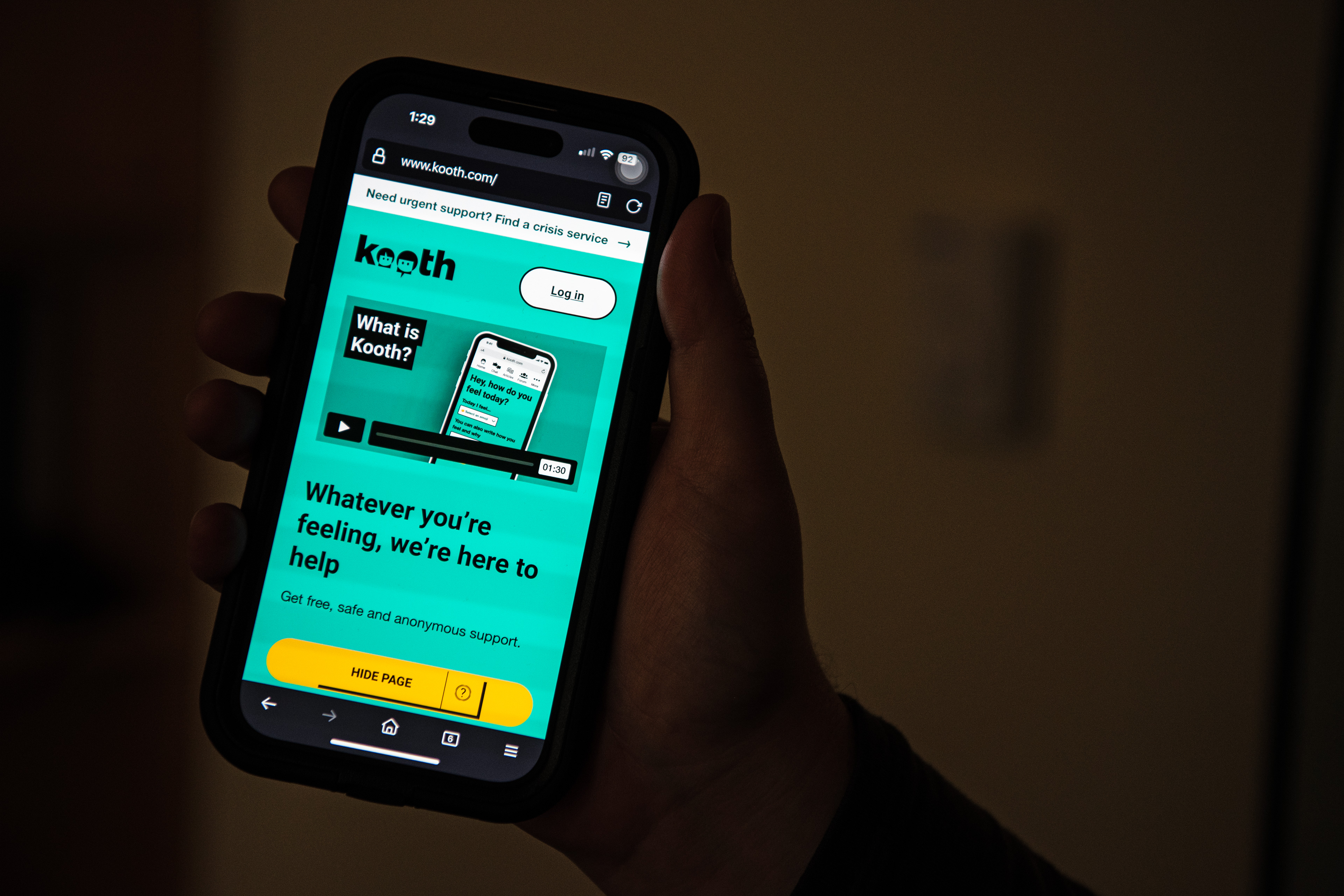


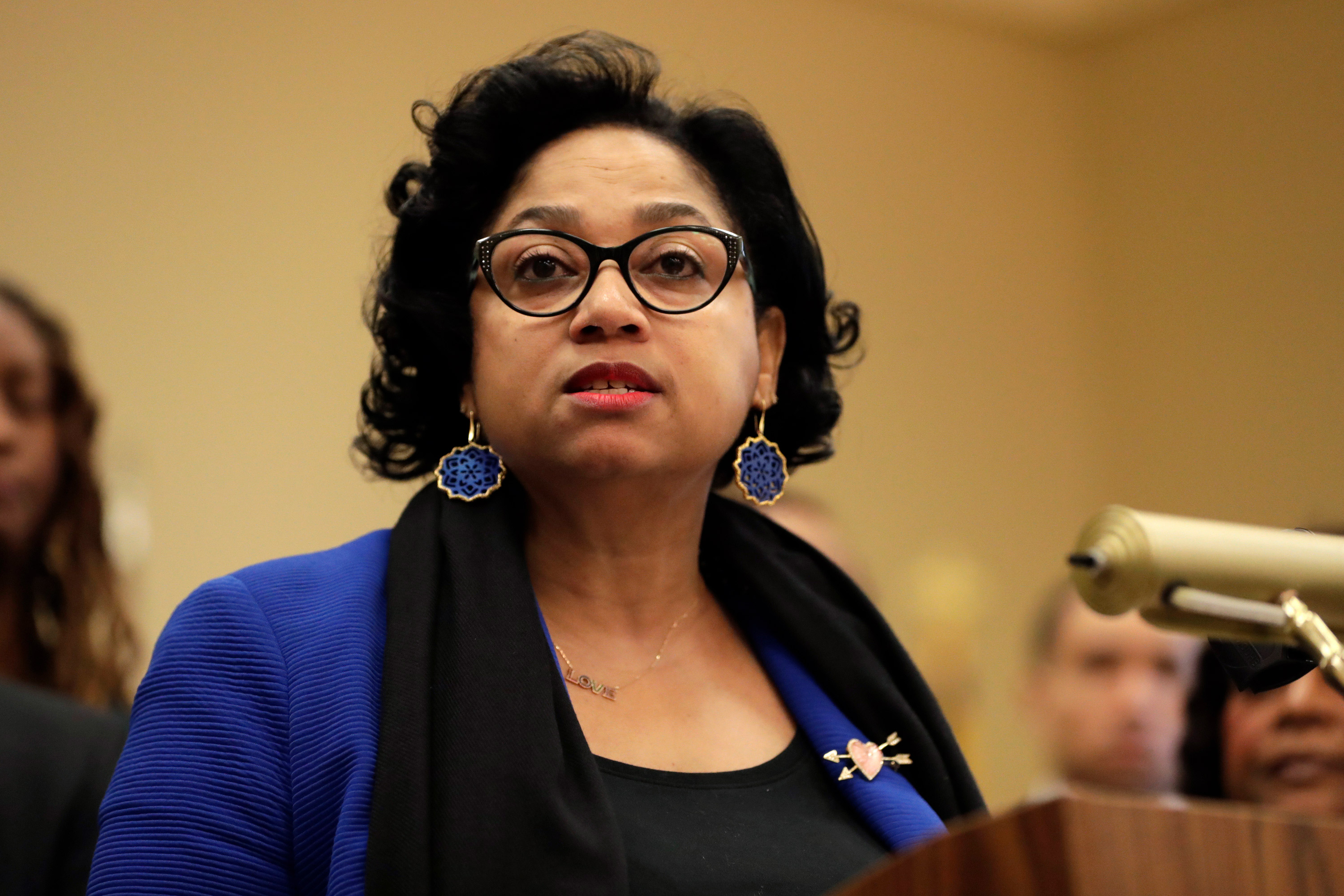

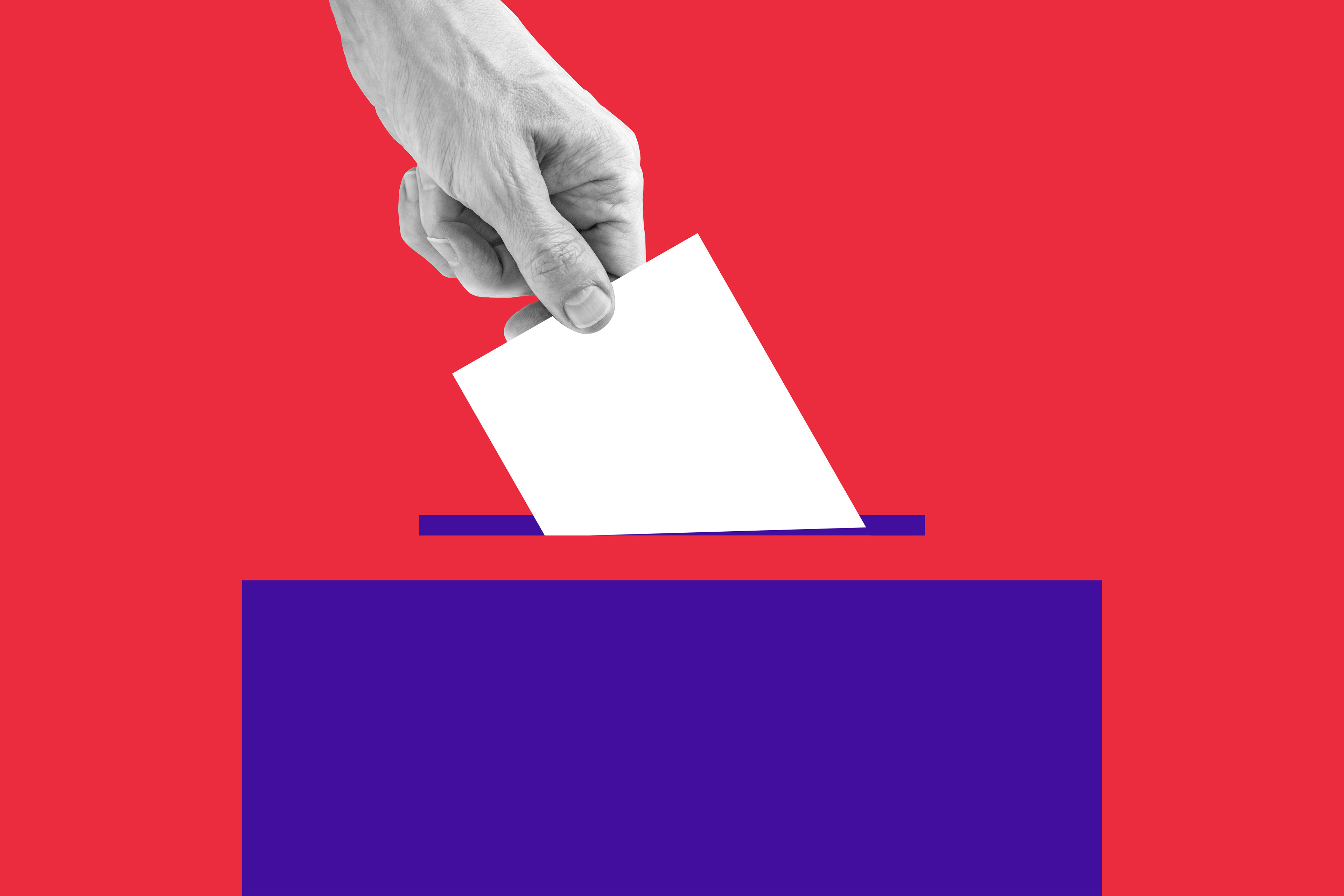
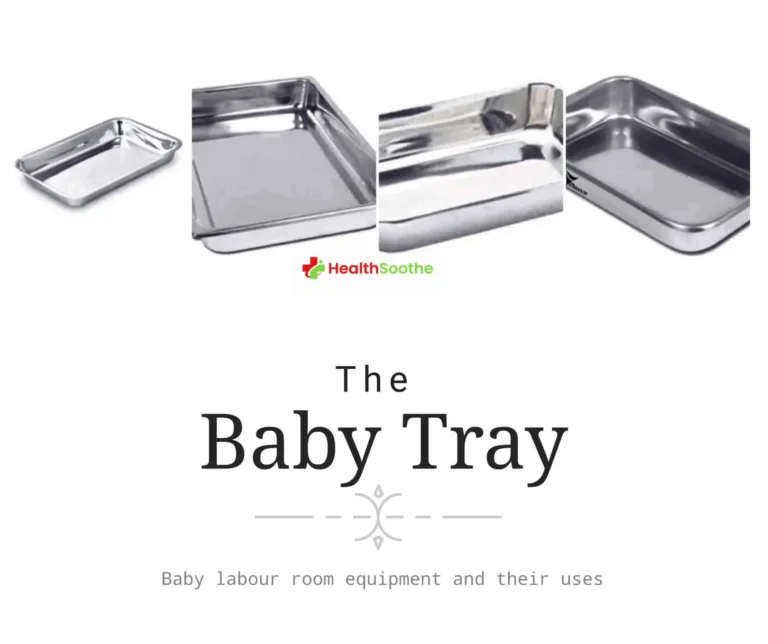
 English (US) ·
English (US) ·